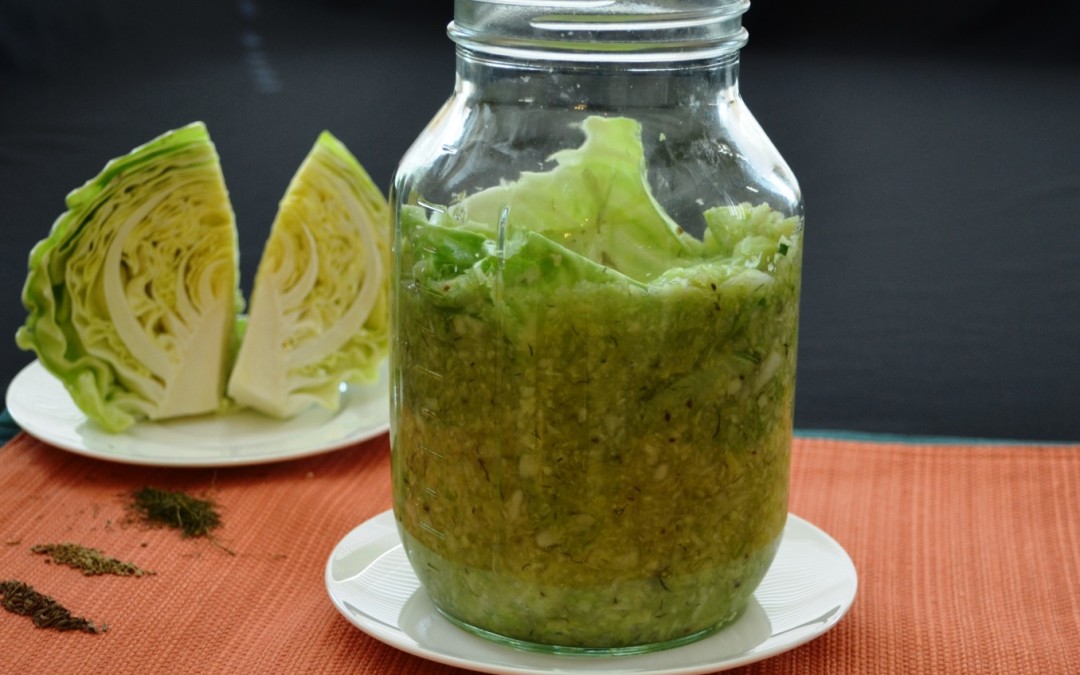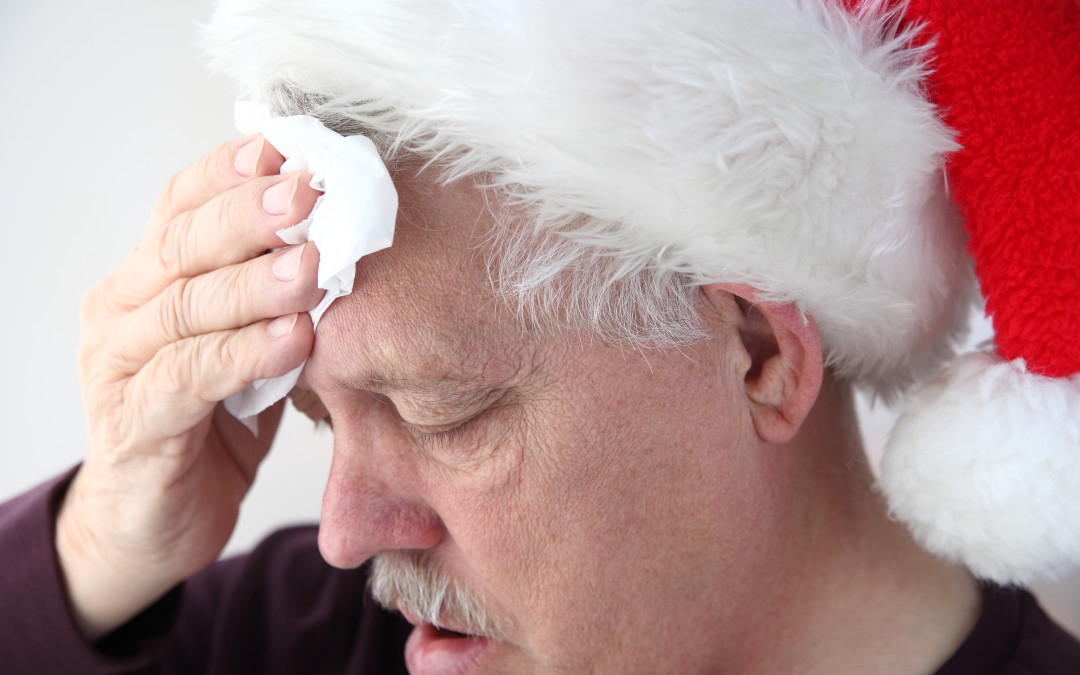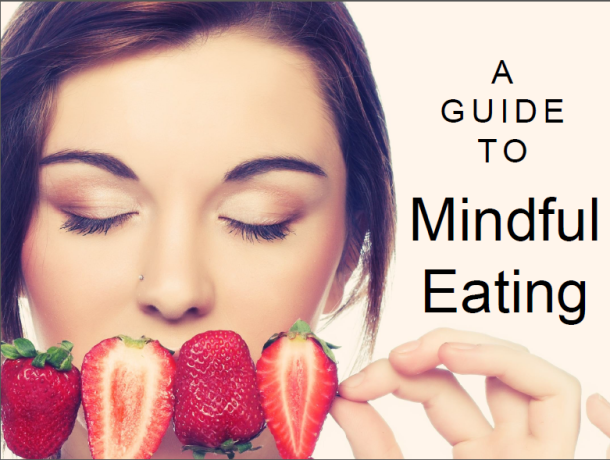
by dnshah | Mar 21, 2016 | Age Defying, Health and Wellness Tips
I recently started looking into ways to hide small amounts of gray hair developing right around the crown of my hair line. This is the place i first see gray in-between coloring. In the past i’ve ignored it or used a natural mascara product. It works well, but you have to wash your hair more often which gets old. Now there are new products emerging that promise great coverage and convenience with dry formulas which cover gray with your natural tint color and wash out at your next shampoo. No gloppy mess, irritation, or itching – sounds too good to be true! i purchased a product from Color Wow, which was advertised on the View recently. When i received the product, I noticed that it contained “talc”. Considering that Johnson & Johnson is being sued for billions of dollars because of their use of “talc” in some of their powders, I firmly believe it is not a good idea to use talc in close proximity to my brain…. what do you think? Today a stylist recommended another dry root cover up which contained aluminum starch. I avoid Aluminum in my deodorants, so I’m not going to liberally spray this into my scalp anytime soon either! I continue to look at the new products designed for graying men and women, and I haven’t found any that safely cover the gray while residing in the general proximity of the brain. Have you? I’d love to know!!

by dnshah | Jan 21, 2016 | Fermented Foods, Recipes, Side Dish
INGREDIENTS
[ez_two]
- 1 head/11 cups organic cabbage, shredded
- 2 outer leaves of cabbage, whole
- 1½ heaping Tablespoons salt
[/ez_two]
[ez_two_last]
- ¼ teaspoon caraway seeds
- ½ heaping Tablespoon dried dill
- ½ teaspoon ajwain seeds (optional)
[/ez_two_last]
METHOD
1. Except the outer cabbages leaves, combine all ingredients in a large mixing bowl.
2. Let stand for several hours to extract water from the cabbage.
3. Using washed hands, thoroughly rub the cabbage and spices together for about 5 minutes.
4. Gently squeeze fistfuls of the mixture separating the brine from the cabbage and fill a glass storage jar with the cabbage first, then the brine.
NOTE: Fill the jar almost to the top leaving room for expansion.
NOTE: The cabbage should be submerged under the brine.
5. Fold and add the outer cabbage leaves and push down the mixture so these leaves are also submerged under the brine as much as possible.
6. Over the next 24 hours, pack down these outer leaves into the brine routinely.
7. Allow to sit at room temperature over the next 3-4 days. Each day brings more fermentation and “sour” taste.
8. When it has reached desired fermentation, open jar and pack sauerkraut down. Re-seal and refrigerate.
9. Enjoy over the next several months. Keep refrigerated.

by dnshah | Dec 15, 2015 | Diet and Weight Loss, Health and Wellness Tips, Obesity
I empower my clients to successfully meet their customized health goals through information and lifestyle changes. One of the things I encourage my clients to do is to “exergame”. Movement is critical to overall physical well-being. Theoretically when buddies are striving for maximum movement each day, they can playfully compete with each other on the number of miles they walked/ran or the number of steps they took each day. Exergaming gear (Fitbit, Jawbone, wrist pedometers, etc) seems to be very current on trend, and it seems to help people measure their progress with others. That seems to be beneficial for the most part when the buddies are similarly active.
If a more sedentary person was encouraged to join their team, however, the results are not so positive. This third person would start to feel like a third wheel because they may not be able to compete effectively with the other two. When you push your body physically and mentally to compete, and you can’t ever come out on top, what does this do psychologically? It is not positive, as I know people that lost their motivation because they couldn’t fit in with their peers. The unfortunate thing is that these exergaming technological gear (Fitbits and pedometers, and jawbone, etc) was designed for people to get motivated to do more than they normally would. In actuality, there is an active subset that is being motivated to do MORE; but a sedentary subset that it may not be reaching or helping.

by dnshah | Dec 5, 2015 | Health and Wellness Tips, Obesity
- What is sugar?
- Do we need sugar, and if so, why?
- What is the sugar cycle?
- What ailments excessive sugar consumption cause?
What is sugar?
“Sugar” refers to several molecules that belong to a family of carbohydrates. They are short carbohydrates. “Sugar” includes glucose & fructose (monosaccharides), and sucrose (1 glucose + 1 fructose). Ultra long carbohydrate chains (glycogen) are not considered “sugar”. Longer carbohydrate chains are unrefined fuel, and the body has to “burn” them by first breaking them down. So our bodies prefer to STORE longer chain carbohydrates and burn the more efficient shorter chain carbohydrates.
Do we need sugar, and if so, why?
Our brain is highly dependent on our blood’s sugar supply for proper brain function. That said, we don’t NEED it to be short chain, because our body can go through the extra steps of breaking down the longer chain carbohydrates and create shorter blocks for efficient fuel.
Our brains have evolved a strong appetite for sugary flavor because it needs fuel. Thousands of years ago this was a survival urge because it led us to eat fruits, and we considered it a treat! It kept our neural networks developed and kept us alive. Today however with the vast choices of foods in market, the shorter chain carbohydrates, refined sugars, we are becoming involved in a cycle of pleasure while eating this sugar. Note that I’m not referring to natural sugar found in real food.
What is the sugar cycle?
Pleasure/rewards motivate us to maintain our survival habits: eating, drinking, reproducing, movements, etc. Brain-reward stimulation studies show that we receive pleasure when our brain regions are stimulated. Our neural systems associate rewards with behaviors (gathering food, working for a living, grocery shopping, etc).
Addictions occur when people want to do activities that continually stimulate our pleasure/reward stimulating brain centers. There is now evidence that sugar consumption can also stimulate our brain’s pleasure activation. So, in a way, we can become addicted to sugar when we associate pleasure/rewards with eating sugar. If we are raised on the belief that we deserve brownies when we were good, then as adults, we will go for brownies on our “good” days. Also the amount of pleasure we receive diminishes over time with the amount of our initiating foods. So we will need more sugar to get the same “pleasure.” So this can actually create a sugar cycle, where we crave more each time we need pleasure. It is seen as an actual addiction similar to hard drugs.
What ailments can excessive sugar consumption cause?
Oral disorders with teeth and gums
Sugar cycle addictions can lead to obesity or diabetes
Acidic conditions within the body caused by excessive sugar can lead to multi-faceted symptoms from yeast infections to joint /connective tissue issues to gastric symptoms to autoimmunity to cancer. It depends upon genetic vulnerabilities, environmental conditions, and lifestyle factors.
- Yeast infections: sugar can increase the risk for candida infections. Candida is responsible for a variety of illnesses ranging from discomfort to death
- Joint / Connective tissue: sugar can cause pain and discomfort due to chronic inflammation. Can start slow and could lead to a full-blown disease that limits mobility
- GI symptoms: sugar can alter the healthy gut flora causing an imbalance which over time can lead to chronic inflammation, allergies, and in impaired immune system
- Autoimmunity: can impact not just GI issues but also neural performance contributing to (depending on genetics) issues such as Alzheimer’s, Parkinson’s, MS, and more… Currently there are over 150 autoimmune diseases listed by the AARDA, American Autoimmune Related Diseases Association (www.aarda.org).
- Cancer: According to the American Cancer Society, there are over 100 types of cancer that can cause pain and discomfort to death.
Bottom line is that we don’t need REFINED SUGARS. Our bodies are designed to get what is needed from real food nutrition versus processed foods. How best can you get started? Seek out a health coach that can guide you to success on your own customized health goals from clean eating, weight loss, or even managing chronic illness.

by dnshah | Dec 1, 2015 | Health and Wellness Tips, Stress Management
Biologically, a certain amount of stress is a necessary for survival. If we feel in danger, our parasympathetic nervous system (“fight or flight”) activates to stress our bodies and mind, so we can gather our full potential for running for our lives or for fighting like our life depends on it. Stress can impact our hormone production, which in turn can affect virtually every process in our body.
During holiday events with family gatherings, we are not in a life/death situation (for the most part)! However our stress levels increase for all of us because we are working harder than our normal routines to coordinate a larger group of people being together comfortably—from activities, to food, to conversations. My clients tell me their stress arises from a variety of family gathering related reasons, and I’m listing some of the top ones I hear more often:
- Financial issues with family collaborations
- They don’t like a family member or in-law
- They don’t want to be victimized or belittled
- Communication issues, misunderstandings, mass confusion
- Being in the same room as a family member they have repressed emotions about
- They don’t want to hear complaints or be in a negative environment
- Their schedules are not synchronized with others (time for waking, eating, sleeping); and they don’t want to constantly stress their biorhythms.
- Adults (over 18) that don’t want family knowing more than they are ready to reveal about their private lives (financials, sexuality, health, habits, & even career).
- Emotionally conflicted with a death on or near Christmas.
In order to better mediate stress from these varying issues, we need to have an awareness of what happens in our bodies, decide if we want to risk these biological issues within our bodies, and draw boundaries of what we are willing to do and not. It clearly is that simple. I empower my clients to do these things successfully. Some of my tips are:
- Communicate ahead of time on financial expectations so you can decide to participate or not. Group gift giving, Mystery santa gifts, or charitable gift giving are some courses for those concerned with directional budgets.
- Learn what stress threshold you have. Excessive stress starts to show you signs in a bio-individual way: stiff jaws, breathing difficulties, headaches, and digestive troubles. If there is not a life-death situation to justify the stress, take control over the stress by PREVENTION and planning ahead.
- When you are with a person and feel your stress increasing rapidly, give yourself another minute before you walk away. During that minute, breathe in very slowly and breathe out very slowly. Focus on your breath as proper oxygen intake can prevent stress from increasing to the point of panic or anxiety attacks. Understand that words (even if loud) cannot kill you unless you give those words power. After that minute, gently explain that you need to check in on something and walk away. Check in on yourself emotionally and try to understand what triggered your stress to see if it can be addressed for the future.
- Set a boundary of what you will share with inquisitive family members; and if someone crosses that boundary with a question, answer with a question. “What are you doing for a living these days?” “(silent pause) Why do you ask – are you doing okay?” Shift the focus back to the person asking. There may be a reason they are asking that has nothing to do with you.
- When logical communication fails, become the storyteller of the family. Tell a story that has a happy ending and some moral theme. Be suspenseful and draw everyone in with it. It can be current events, something that happened to you, or something made up. Holidays are a time of fun, entertainment, happiness, and laughter. Bring the holidays to your gathering. And this is a tip that you can prepare for with several short stories from the news, social media, your imagination.
- Communicating about expected schedules allows different groups of people to do different activities and still congregate for meals or events. The time schedule (give or take 10 minutes) resolves synchronicity with those that like to sleep in AND those that hit the gym before the sun rises!
- Grieving during the holidays can be stressful because of emotional conflicts and judgements. Take the morning of the family death anniversary to take an hour to grieve, remember, and celebrate their life. After that morning, take some time to normalize (take a walk, bath, or meditate); and then enter the holidays with a clean slate. You are alive, and were meant to experience and enjoy life!







